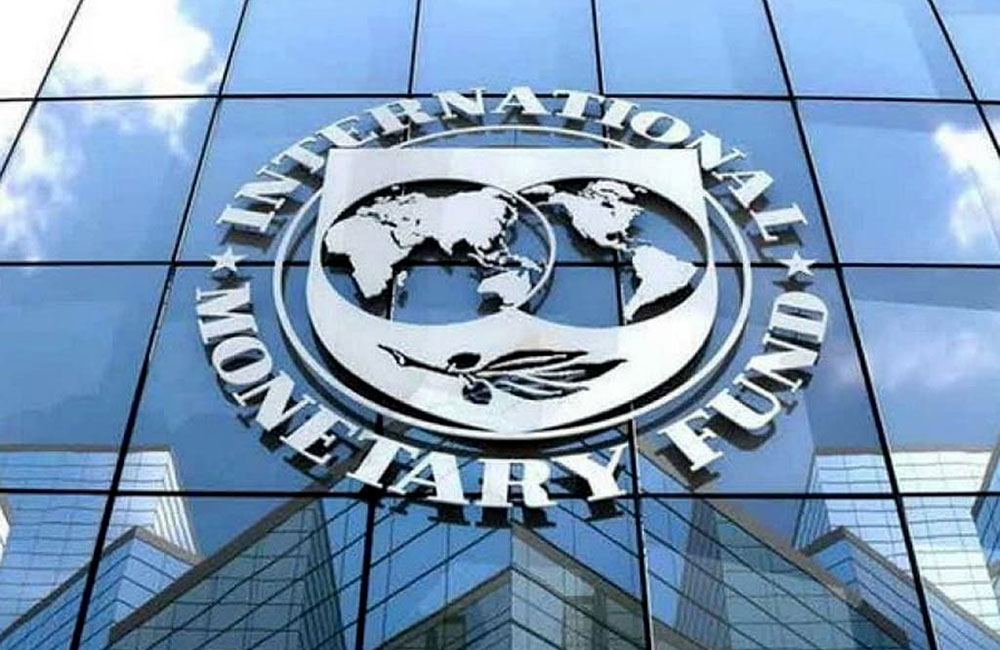The International Monetary Fund (IMF) has urged Sri Lanka to expedite the introduction of a comprehensive Public Procurement Law, warning that the country’s current tendering system remains highly vulnerable to corruption, wastage, and irregular decision-making.
The recommendation forms part of the IMF’s wider governance and transparency reform agenda aimed at strengthening public financial management and restoring investor and public confidence.
According to a recent IMF governance diagnostic report, Sri Lanka’s procurement process suffers from deep structural flaws, including the absence of an independent central regulatory authority, outdated procurement policies, and inconsistent oversight mechanisms. The IMF cautioned that without swift legal reform, Sri Lanka’s efforts to regain public trust and attract foreign investment will continue to falter.
At present, public procurement in Sri Lanka is highly fragmented, functioning across multiple layers of government—ministries, departments, and the Cabinet. While secretaries of line ministries are responsible for execution, high-value contracts are handled by Cabinet Appointed Procurement Committees (CAPCs) before final Cabinet approval. However, the IMF points out that this process allows excessive discretionary power at the Cabinet level, often resulting in politically influenced or opaque contract awards.
The issue was underscored by a 2006 Court of Appeal ruling, which stated that Cabinet decisions were not legally bound by procurement guidelines or recommendations from the Appeals Board—effectively legitimizing Cabinet’s freedom to override procedural safeguards.
To counter these weaknesses, the IMF has recommended the immediate activation of the National Procurement Commission (NPC) with a full governance mandate to regulate procurement and oversee unsolicited project proposals. It has also proposed an 18-month action plan to accelerate reform implementation.
A central component of the proposed reform is the Procurement Management Information System (PROMISe), which remains in its pilot stage. PROMISe is designed to digitize and automate the procurement process, enhancing monitoring and transparency from bid submission to contract award. However, the IMF stresses that the system’s success will depend on staff training, technical capacity, and integration with existing audit and accountability frameworks.
To further enhance transparency, the IMF recommends that the government publish details of all contracts exceeding Rs. 1 billion, including bidding outcomes and the level of competition, every six months on a dedicated public website especially for agencies with weak compliance records.
Experts note that the transition to a digital, rules-based procurement regime could be transformative for Sri Lanka, provided it is paired with stronger audit mechanisms and accountability measures.
As the nation continues its slow recovery from the worst fiscal crisis in decades, the IMF emphasizes that cleaning up procurement is not merely about saving money, but about rebuilding public trust and ensuring that taxpayers’ funds are used efficiently, transparently, and fairly

Leave your comments
Login to post a comment
Post comment as a guest